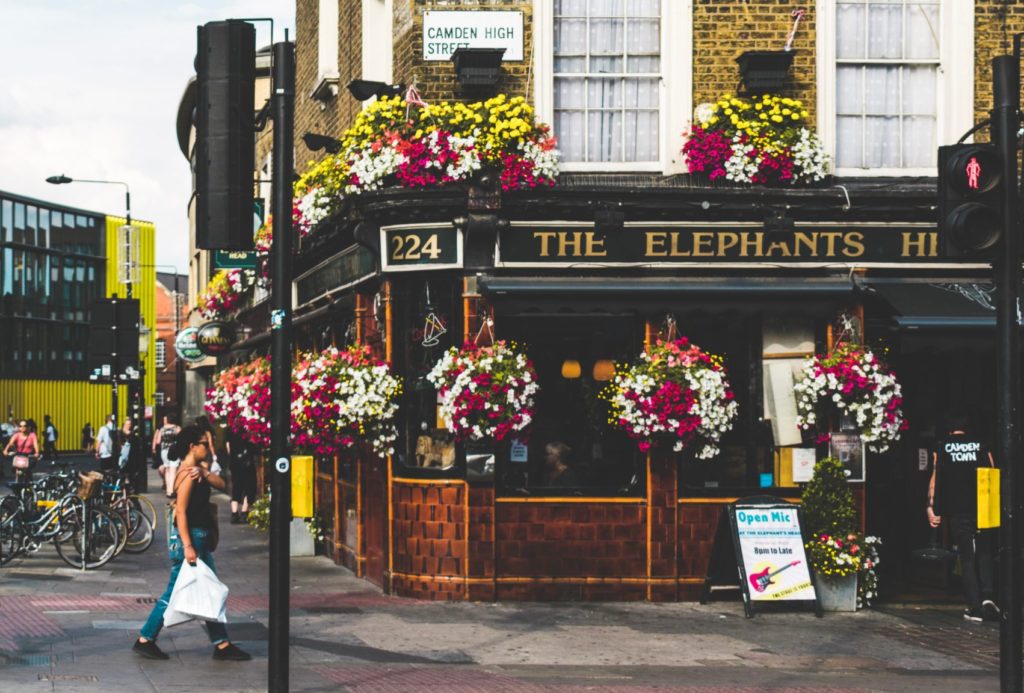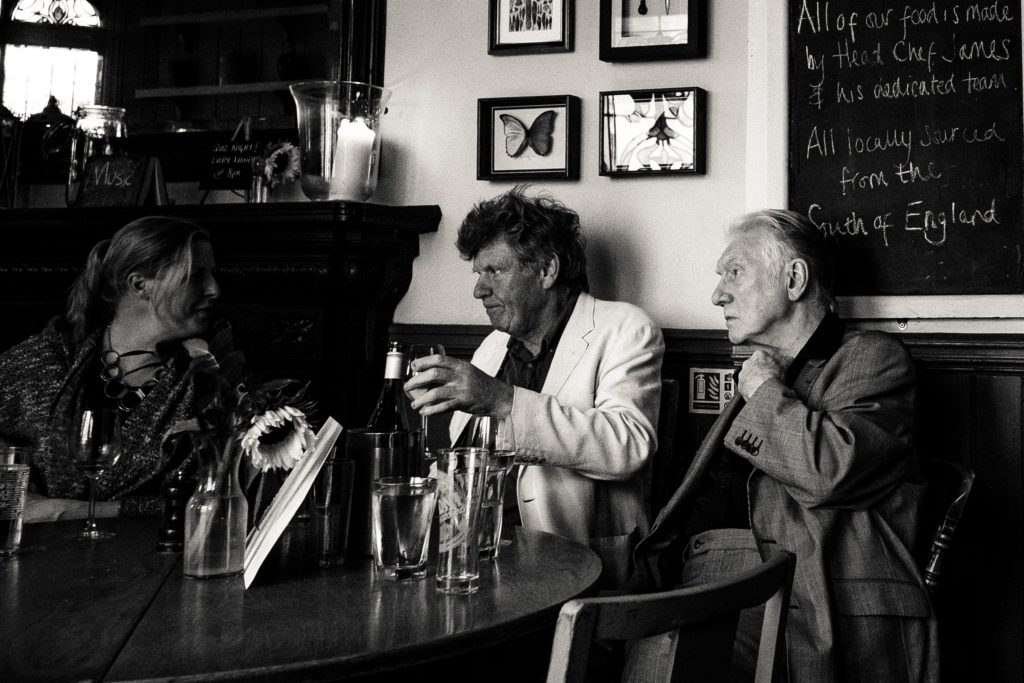Public House
In the past two weeks, it seems, I’ve run into more old friends around town than I’ve seen in 15 months of isolation. It’s a wonderful feeling. Perhaps that’s why I enjoyed listening to this radio diary about English pubs on NPR last Friday.
I’m especially drawn to the origin of the modern pub – the “public house,” with roots stretching back to the Middle Ages and home brewing.
“The matron of the house brewed English ale,” Frank Langfitt says in the piece. “When families ended up with extra, they offered it to people in their communities, which evolved into the hospitality business …Over time, pubs became the center of village life, catering to merchants, soldiers and pilgrims.”

The center of village life. I picture it: a small, sleepy town and one house with the lights on—the place everyone knows you can find drink, food, a fire, and someone to talk to.
In June, Kate Julian wrote in the Atlantic that “America has a Drinking Problem,” arguing with lots of evidence that Americans tend to drink immoderately and in private, missing out on the creative boosts and social benefits that come when the beer is just the beverage on the table between friends. Such as in a British pub. Emphasis on the “public.”
This is not to set up an Americans vs. Brits drinking contest. I gather that for all the hominess of the pub, the British overindulge plenty.
It just happens that both Langfitt’s story about British pubs and Julian’s article about American drinking open with a mention of The Mayflower. In the piece about pubs, it’s The Mayflower, circa 1550, the oldest pub on the river Thames, London, so named because it’s near the mooring point of the ship Mayflower, which carried Pilgrims to America.

Once those Pilgrims reached America, Julian reports, they landed at Plymouth Rock “because, the crew feared, the Pilgrims were going through the beer too quickly.”
I need to add here that I’ve not joined my fellow Americans in pandemic-era private overindulgence. I’ve been either marathon training or pregnant through most of the pandemic. Strict training encouraged me to drink wine and beer moderately because I had a larger goal in mind. Pregnancy simply eliminated them.
As the social world opens this summer and as I move beyond pregnancy to parenthood (a trigger for day drinking, I’ve heard) I propose an approach modeled on Michael Pollen’s philosophy of eating.
Eat food, not too much, mostly plants, Pollen says.
I add: Drink beer, not too much, with friends.